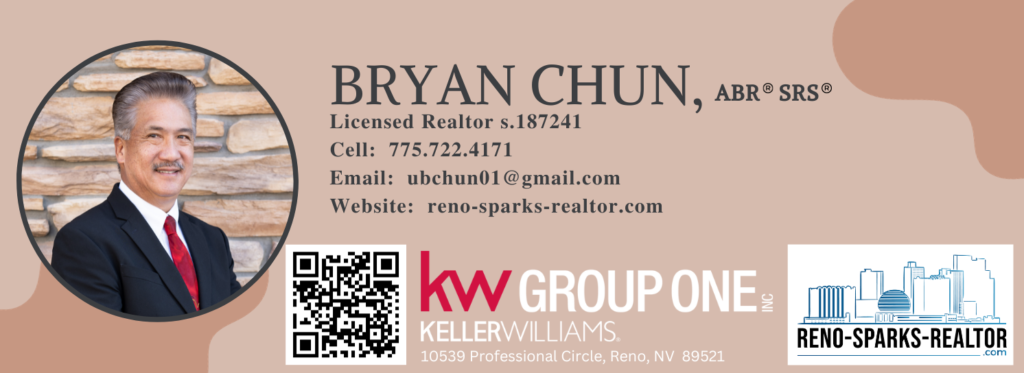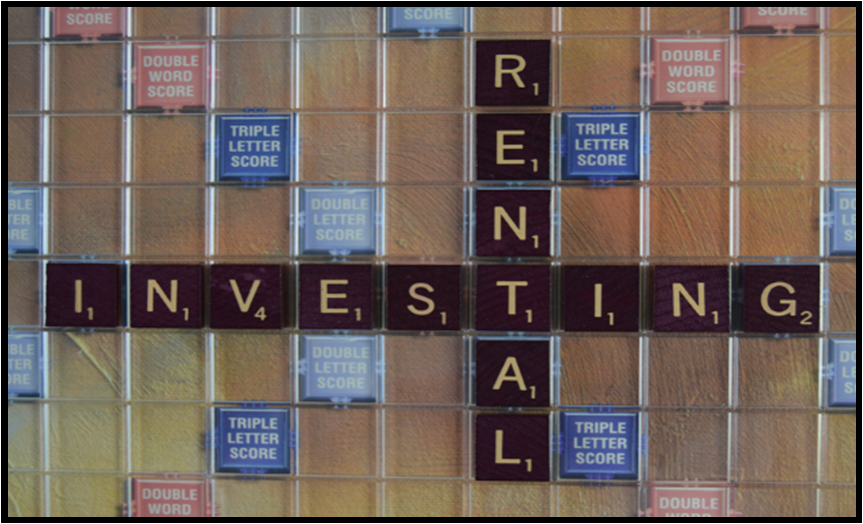Welcome to our blog, “Becoming a Real Estate Rental Investor”. Let me start by saying, this blog will be about the basics of residential real estate investing (not commercial, REIT, land, development, etc.) . This means you purchase a home and then turn it into a rental using the rental income to pay for the mortgage, taxes, insurance(s), repairs and any other expenses in ownership (the formula is bit more than that, but we’ll start with this basic). If you choose wisely in your purchase, you will have a positive cash flow each month and the renter will be paying off your mortgage while you enjoy the tax benefits. Be patient and add in a bit of luck and your property will probably appreciate in value thereby increasing your equity in your investment. Keep in mind that this blog will be in multiple parts (probably over 10) and as many as our blog “Preparing to Buy a Home“, so be patient and know that the laws and investing can and will change so ask lots of questions and stay current. We’ll continue to update this blog, but I would advise you to connect with industry professionals (real estate lawyers, accountants, realtors (like me) and others that will help you be successful and stay current.
Resources – The biggest on-line resource for Real Estate Investors is www.biggerpockets.com. Fair warning, this website is huge. It’s basically a meeting point for all parts and professionals in the Real Estate Investing world. Lawyers, Tax Accountants, Realtors, Investors (from entry level to highly experienced). And the members come from all over the world so you will get different prospectives on any topic. I use the website as a 1st level search for information. Let’s say I want to learn what a 1031 Exchange is and how it works, I type 1031 Exchange into the search bar and your get a wealth of information. Couple of words of caution.
- You want to make sure you’re getting current information. Change the filter to latest so you’ll get the most current posts.
- In their investment calculator, they have some pretty aggressive goals for postive cash flow. While I agree that you want a solid cash flow, sometimes the economy or location you’re working with won’t cash flow to those standards. Yes, you could purchase a property in Texas or Florida, however, remote rental investing for a first effort might not be the way to go.
Potential Rental Income – One of the most important elements in calculating a cash flow is to determine the potential rental income on a property. One of the basic tools I use is Zumper.com. I also post the historical average monthly rental prices for about 6 different areas in Reno/Sparks and 1 for Fernley on my webpage: reno-real-estate-investor. It’s a great way to keep informed on where the market is and you can determine where it might be going. Right now, it’s a bit volatile but still overall much better than a year or two ago.
Types of Residential Rental Properties – Here’s an interesting topic. I divide residential rental properties into two basic types. Single Family Residences and Multi-Family Residences. To start we’ll only talk about Single Family Residences as it’s the easiest to get started in. Here’s the scenario:
- You purchase a first home for you and your family to live in. It’s not your dream home, however, you pick a desirable area, the price is right, property is in great shape and if you live in it, the property is classified as an owner occupied property

- So buying and living in the property for a year (usually the mortgage requirement for a basic mortgage) is a good way to get started. You get a better interest rate than the investor and you have a much more affordable down payment. If your mortgage interest rate is a bit high, you can refinance the loan at the prevailing rates before you move out and then turn it into a rental. That way you can enjoy a great interest rate for the life of the loan. The general rule of thumb is that if you can reduce your mortgage interest rate by 1% or more, it’s time to take a look at refinancing.
- After the first year (you could need 3-7 years as owner occupied with some of the Down Payment Assistance Programs or loan programs), you turn it into a rental property and keep the same terms and conditions for your mortgage.
We’ll keep this first newsletter/blog as brief as possible. So stay tuned for our next blog which should be coming out in January 2023! Until then, Happy Holidays, stay healthy and safe…Bryan

